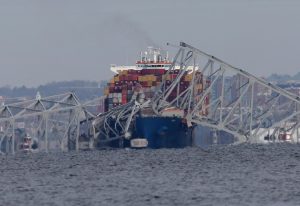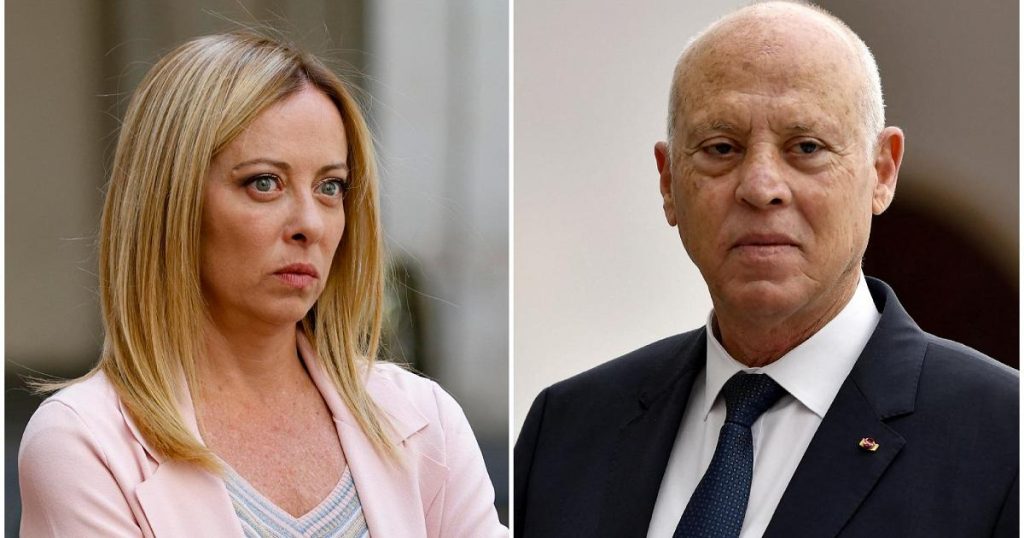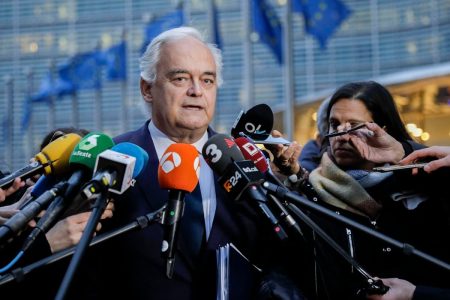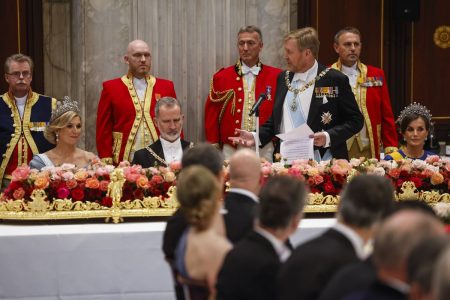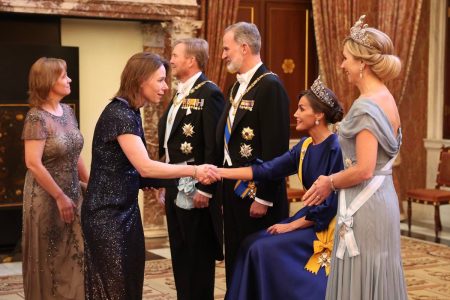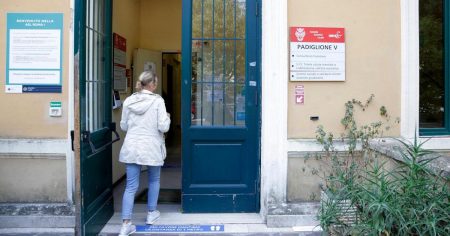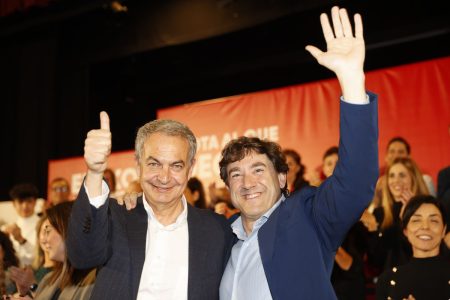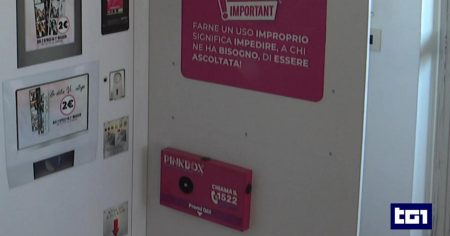Italian Prime Minister Giorgia Meloni will be in Tunis today to meet with President Kais Saied at the Carthage Palace, along with Interior Minister Matteo Piantedosi, University Minister Anna Maria Bernini, and Deputy Foreign Minister Cirielli. This marks the fourth visit in less than a year, the first within the Mattei Plan. Italian sources emphasize that the meeting will serve to reaffirm support for Saied’s country, which is seen as a “fundamental piece” for stability in the Mediterranean and North Africa. It is crucial that Tunisian authorities continue their efforts to combat human trafficking, smuggling, and irregular migration. Tunisia is a key priority within the Mattei Plan for Africa, and during the bilateral meeting, three agreements related to this strategy will be signed: direct support for the Tunisian state budget in favor of energy efficiency and renewable energy, a credit line for Tunisian small and medium enterprises, and a cooperation protocol between the respective ministries of Education and Research to facilitate collaboration in this field between the two nations.
It is highlighted that Italy collaborates extensively with Tunisia in the Horizon Europe research program, with Tunisia receiving 50.8 million euros in funding. Tunisia ranks second in the world for the percentage of STEM graduates, behind only Malaysia. The visit to Tunisia aims to strengthen the relationship between the two countries in various sectors, such as education and research. The cooperation agreements signed during the meeting underscore the importance of mutual support and collaboration in these areas. By addressing key issues such as energy efficiency and entrepreneurship, the agreements aim to promote sustainable development and economic growth in Tunisia. Strengthened ties in the field of education will further enhance academic and research exchanges between Italy and Tunisia, fostering innovation and knowledge sharing.
Meloni’s visit to Tunisia is part of Italy’s broader strategy to support stability and development in the North African region. By engaging with Tunisia on key issues such as energy, education, and research, Italy aims to contribute to the country’s economic growth and social development. The Mattei Plan for Africa underscores Italy’s commitment to fostering partnerships with African nations and promoting sustainable development across the continent. Through initiatives such as direct budget support, credit lines for businesses, and research cooperation, Italy seeks to strengthen its ties with Tunisia and other African countries, while also addressing common challenges such as migration and energy sustainability.
The signing of the agreements during the visit highlights the concrete steps being taken to enhance bilateral cooperation between Italy and Tunisia. By investing in energy efficiency and renewable energy in Tunisia, Italy aims to support the country’s transition towards a more sustainable and environmentally friendly energy sector. The credit line for small and medium enterprises will help stimulate entrepreneurship and economic growth in Tunisia, creating opportunities for job creation and innovation. The cooperation protocol in education and research sets the stage for greater collaboration between Italian and Tunisian institutions, fostering academic exchanges and joint research projects. Through these initiatives, Italy and Tunisia are working together to strengthen their partnership and promote mutual development and prosperity.
In conclusion, Meloni’s visit to Tunisia represents a significant step in the ongoing efforts to strengthen ties between Italy and North African countries. By focusing on key areas such as energy, education, and research, Italy aims to support Tunisia’s development and contribute to regional stability. The agreements signed during the visit underscore the commitment of both countries to working together to address common challenges and promote sustainable growth. Through continued collaboration and cooperation, Italy and Tunisia are laying the groundwork for a stronger partnership that will benefit both nations and contribute to the prosperity of the region as a whole.


